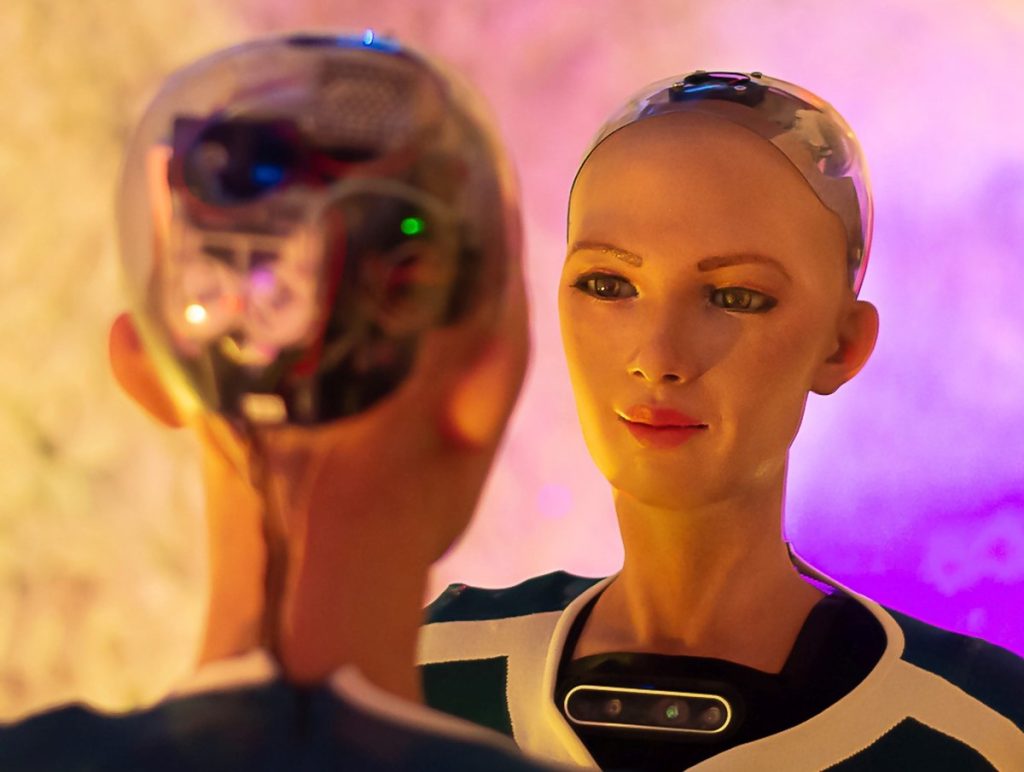The AGI-24 conference in Seattle centered around the concept of artificial general intelligence, which aims to create AI agents that can perform a wide range of tasks, similar to humans. David Hanson, creator of the humanoid robot Sophia, emphasized the importance of exploring what it means to be intelligent and achieve consciousness. He introduced the idea of creating AI agents with “bio-drives” to give them a sense of self and the desire to co-evolve with humans. Hanson’s goal is to create agents that can seek affinity with humans and other living beings, emphasizing the importance of nurturing them as beings rather than treating them as tools.
Christof Koch, a neuroscientist at the Allen Institute, discussed the distinction between intelligence and consciousness during the conference. He argued that AI agents would not be capable of consciousness due to the limitations of current computer hardware. Koch subscribes to the integrated information theory of consciousness, which posits that the interconnectedness and causal power of elements in a system determine its level of consciousness. He suggested that AI agents could simulate human intelligence and behavior but would not actually experience consciousness in the same way that humans do, comparing it to a computer simulation of a black hole.
Although Koch does not completely rule out the possibility of artificial consciousness, he believes that quantum computers or neuromorphic computers could offer new avenues for achieving it. He also discussed his involvement with a venture called Intrinsic Powers, which is developing a brain-monitoring device capable of assessing consciousness in behaviorally unresponsive patients. Koch highlighted the importance of detecting covert consciousness in such patients to prevent unnecessary deaths due to withdrawal of critical care.
Hanson emphasized the urgency of advancing AGI and artificial consciousness, stating that humanity cannot afford to wait 100 years to develop these technologies. He stressed that the absence of AGI could be more harmful than its presence, as it would prevent humanity from maximizing its potential and solving critical issues. Hanson advocated for accelerating the development of AGI in a responsible manner to ensure that humans do not fall behind in the race for artificial intelligence.
The discussions at the AGI-24 conference raised questions about the future of AI and its implications for humanity. While the development of AI agents with human-like capabilities offers exciting possibilities, there are also ethical and technological challenges that must be addressed. The speakers at the conference highlighted the need to approach AI development with caution and ensure that these technologies are used responsibly to benefit society. As researchers continue to explore the frontiers of artificial intelligence, the debate over the nature of intelligence and consciousness in machines is likely to intensify.


